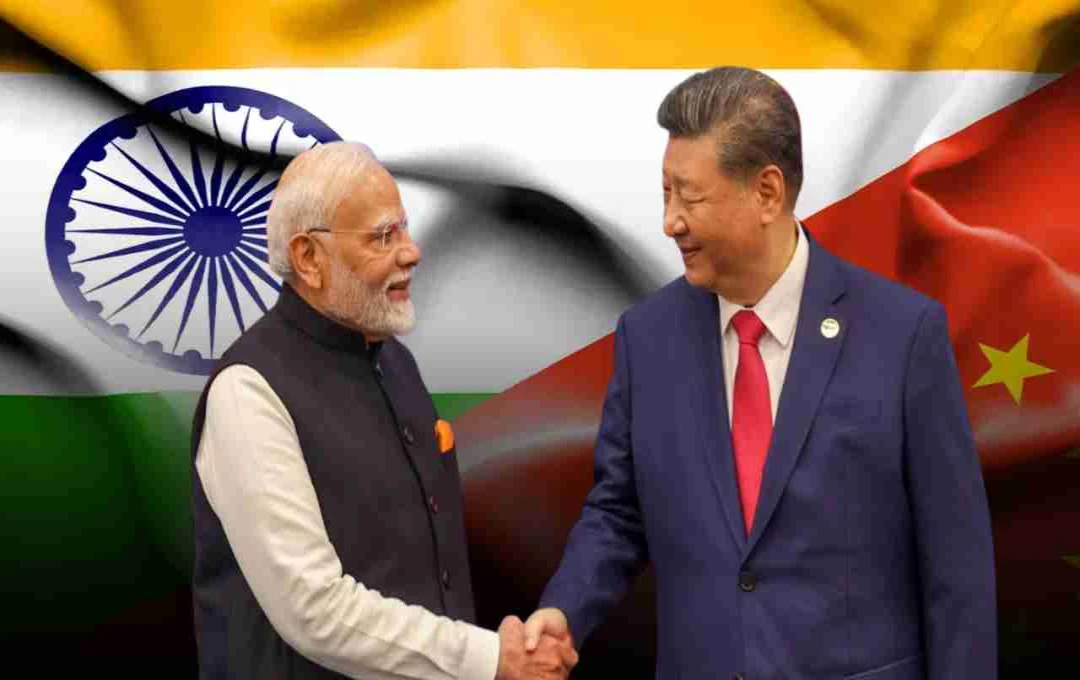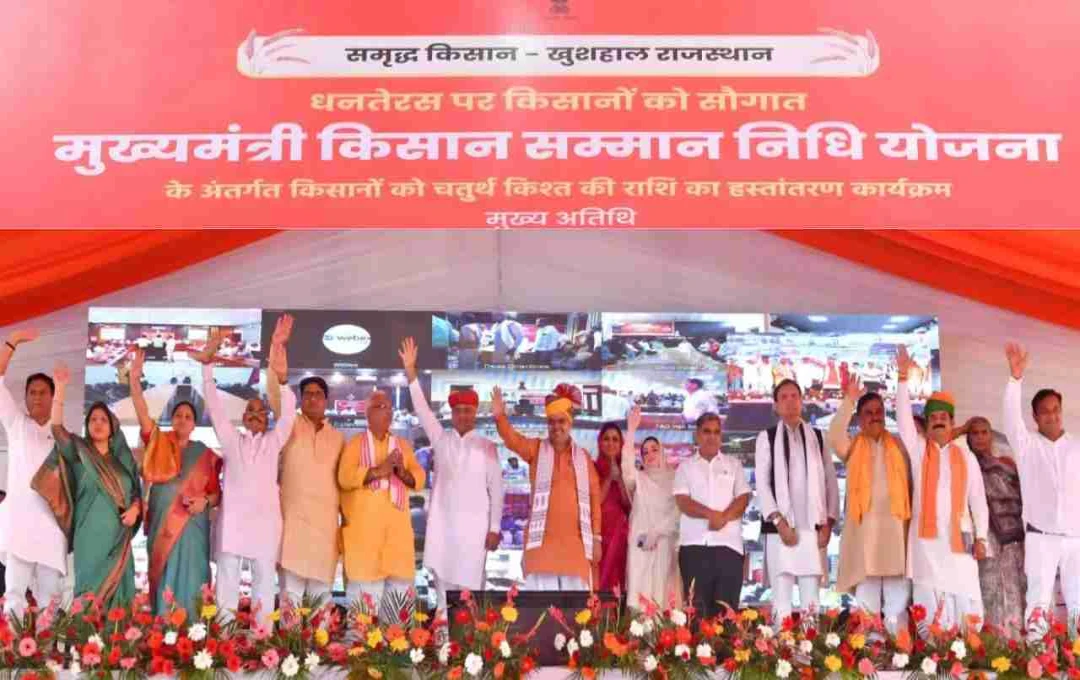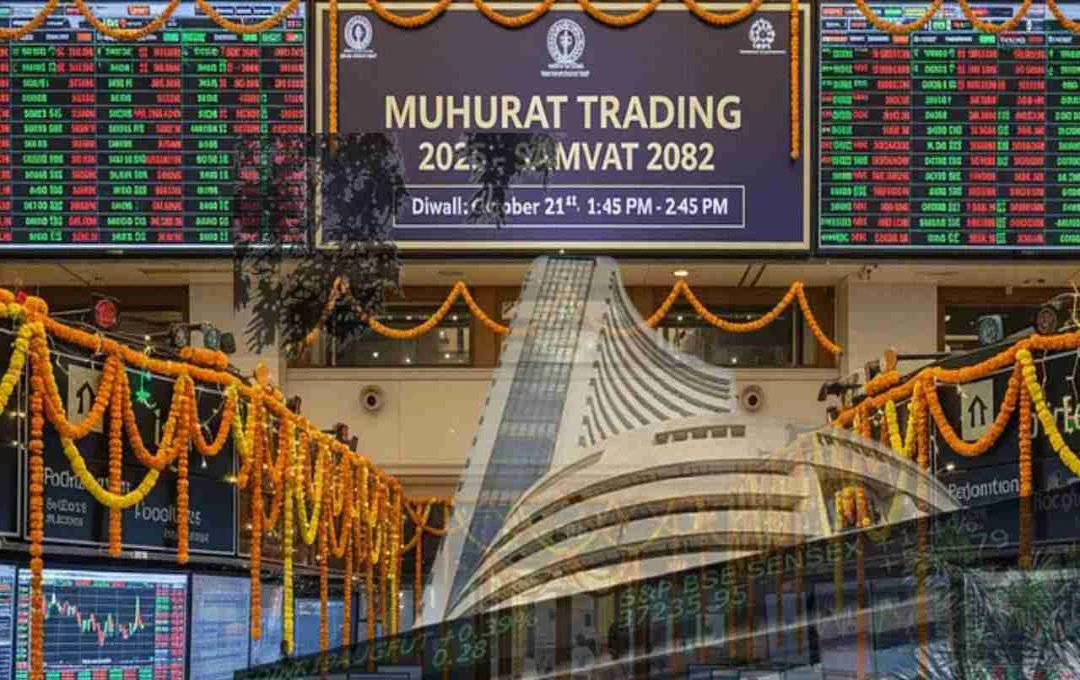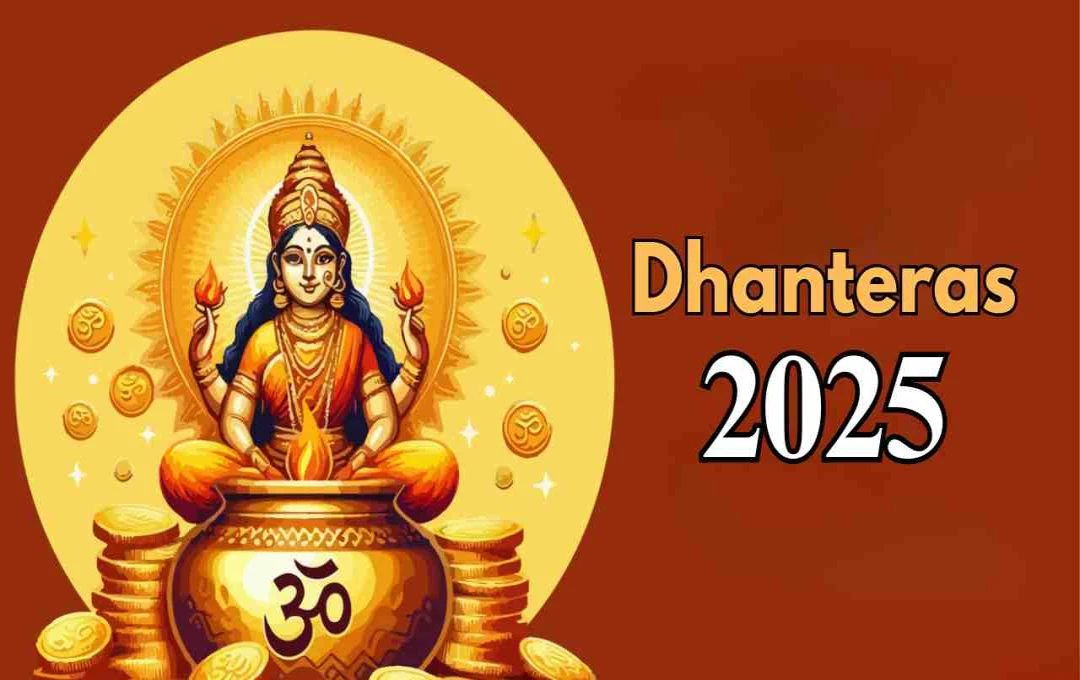The recent improvement in India-China relations is bringing relief to the business community. The pace of joint ventures and investments in the electronics and automobile sectors has accelerated. Companies like Haier, Dixon Technologies, Ashok Leyland, and Hinduja Group are working on new partnerships and technological collaborations. This is expected to increase investment, production, and employment opportunities.
India China Trade Relations: Following the meeting between Prime Minister Narendra Modi and Chinese President Xi Jinping at the Shanghai Cooperation Organisation summit, relations between the two countries have softened, directly impacting trade. Investments and partnerships have particularly accelerated in the electronics and automobile sectors. Haier is preparing to sell a stake in its Indian subsidiary, while Dixon Technologies and Chinese companies are working on the production of high-tech components. Meanwhile, Ashok Leyland and the Hinduja Group have signed an agreement with China's CALB Group on battery technology. This is expected to open new avenues for the industry.
Haier Preparing to Sell 49 Percent Stake
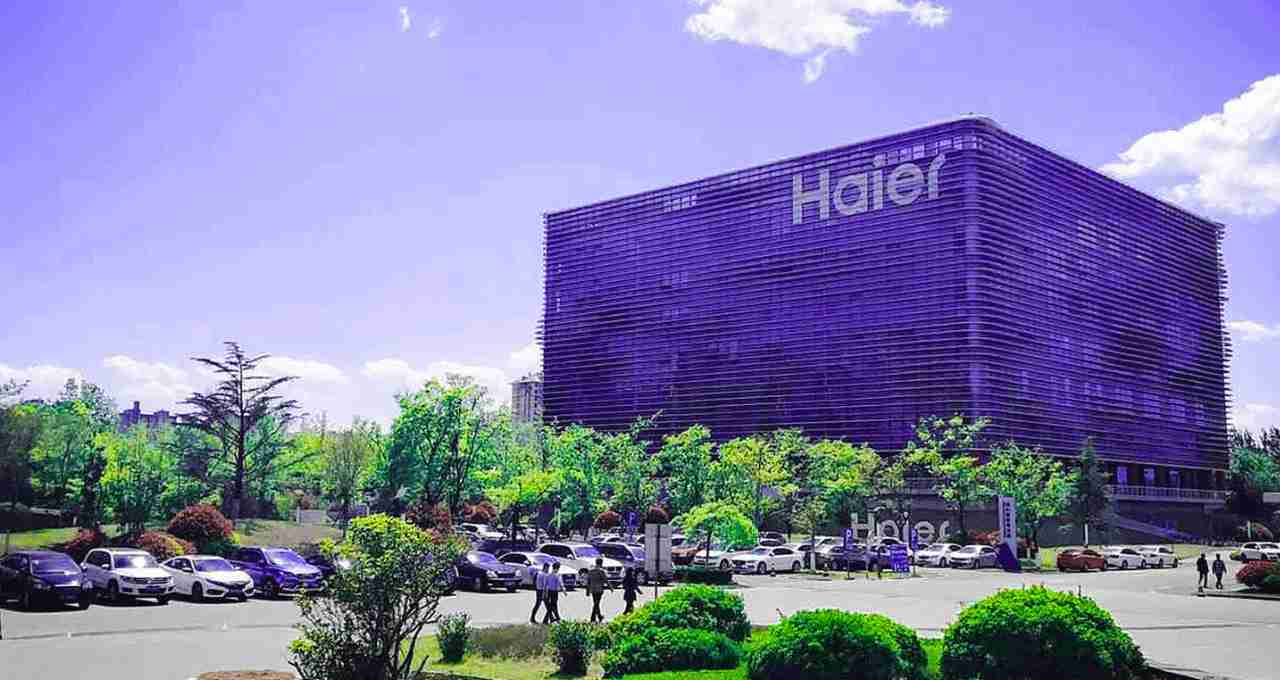
China's renowned home appliances company, Haier, has made significant expansion plans for India. Reports indicate that the company is preparing to sell a 49 percent stake in its Indian subsidiary.
Sources in the industry suggest that negotiations for this deal with Indian industrialist Sunil Mittal had been ongoing for a long time but had slowed down in recent months. The company now intends to offer 49 percent of its stake to an Indian investor, retain 49 percent for itself, and allocate the remaining 2 percent to employees. Several rounds of meetings have already taken place between the company and merchant bankers on this proposal on Monday and Tuesday.
Dixon Technologies' Major Partnership
Dixon Technologies, India's largest electronic contract manufacturing company, is also moving towards a significant partnership with China. The company is soon expected to apply for the formation of a joint venture with the Chinese company Chongqing Yuhai.
Under this partnership, high-tech components, which will be used in devices like laptops, will be manufactured in India. Additionally, Dixon expects its joint ventures with HKC and Vivo to receive approval soon. These deals are poised to provide new strength to India's electronics manufacturing sector.
Relief for the Auto Sector
The easing of India-China relations has also brought relief to the automobile sector. Until now, imports of heavy rare earth magnets, used in the manufacturing of electric vehicles, from China were restricted.
This had a considerable impact on Bajaj Auto and other two-wheeler manufacturing companies. However, there is now an expectation that these restrictions will be eased, providing relief to Indian companies. A senior official from an auto component company stated that after Prime Minister Modi's visit to China, there is hope for improvement in the situation, and positive steps are likely to be taken soon.
Ashok Leyland and Hinduja Group's Agreement
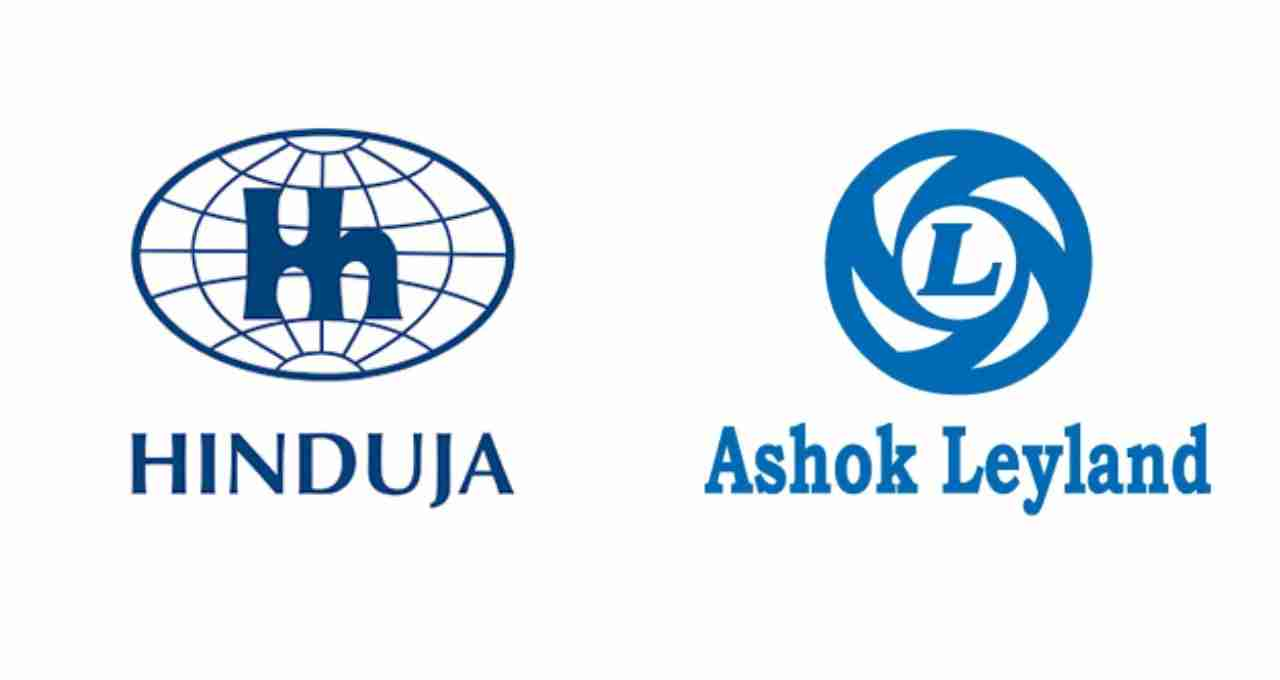
India's leading automobile company, Ashok Leyland, and its parent company, the Hinduja Group, have also taken a significant step in China. The company has signed an important agreement with China's CALB Group.
Under this partnership, next-generation battery technology will be developed. These batteries will be utilized not only in the automobile sector but also in non-automotive sectors. The company's MD, Shenu Agarwal, and Hinduja Group Chairman, Shom Hinduja, were present in China during the signing of this agreement.
Visits to China by Prominent Indian Industrialists
Following the improvement in India-China relations, senior officials from several major Indian companies are preparing to visit China. The management of companies such as Dixon Technologies, Bhagwati Products (a subsidiary of Micromax), and PG Electroplast will soon travel to China to finalize potential deals.
Rajesh Agarwal, Director of Bhagwati Products, commented that the environment had already been improving over the past few months, but after the cordial meeting between the two leaders, partnerships are now progressing at a faster pace.
New Direction Amidst US Tensions
These meetings and agreements are occurring at a time when the United States has imposed significant tariffs on India, increasing challenges for India in both exports and imports.
In this context, the growing closeness with China is being viewed as a positive sign for Indian trade.
